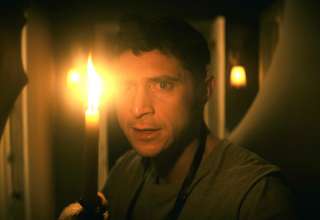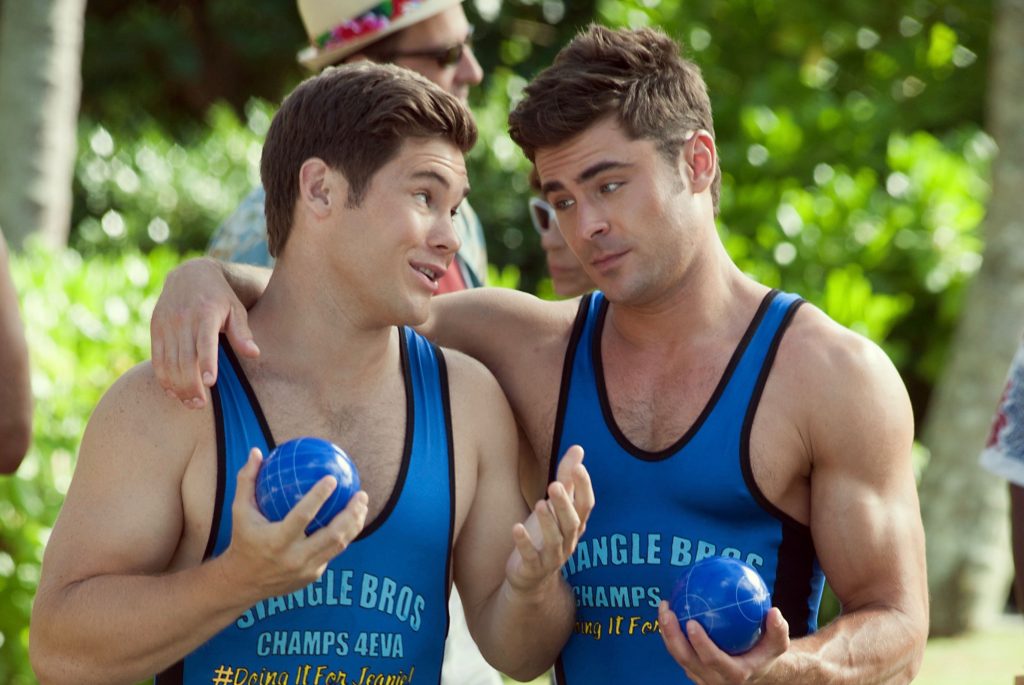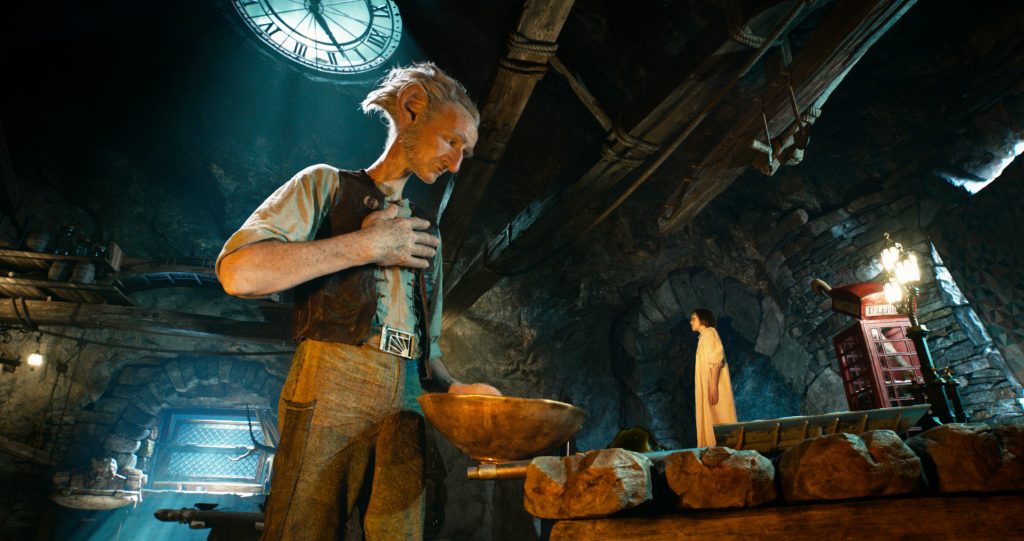Russell Crowe chose a doozy of a film for his directorial debut. He has worked on other films previous to The Water Diviner, but this is his first feature length narrative film. Not only does the film span two countries, one war, and two love stories, but Crowe also chose to star in the film. In the end his performance is one of the least problematic aspects of the film, but perhaps it shows that he should stick to acting.
Crowe stars as Connor, father of three young Australian sons who were lost in the battle of Gallipoli in 1915. Four years later, his wife driven to lunacy after the loss of all of her sons in a single day, he finds himself alone in Australia with no family and fewer answers over what happened that day in Turkey. He travels to the bustling Istanbul to beg answers from the still warring Turkish government. Staying at a hotel run by a beautiful widower (Olga Kurylenko) and her precocious son, Connor encounters all of the red tape that Istanbul can offer a foreigner. Refusing to give up, Connor leaves the city to do his own investigation. From here the film balances Connor’s adventures in rural Turkey, much of which is at war with Greece, and flashbacks to his sons at the battle.
Structurally, the film’s editing dances back and forth between the past and the present. This can be done deftly by certain filmmakers, but here the jumps in and out seem clunky, and do not naturally flow with the narrative. The fact that captions come across the screen to let the audience know when and where they are, and occasionally even go so far as to describe what we are seeing (a political protest, an area currently under siege by the Greeks, etc.) shows that someone in Crowe’s production team agreed that the edits are not self-explanatory.
Within the story of the film, I also had a major issue with Connor’s titular occupation as a water diviner. Traditionally these practitioners find groundwater through a combination of intuition and divining rod or crystal pendulum. The practice is as scientific as snake oil, but widely accepted back in 1919, so I am willing to concede his earnest attitude toward the practice. The odd way The Water Diviner treats the water dowsing is that it supposes Conner is so in-tune with his own intuitive nature that he is essentially psychic. At times he is able to close his eyes, concentrate, and be able to know things that should only be accessible to a medium or witch. His position as well-finder has somehow made him magical, in this non-magical world of war and death. The romanticism of his paternal instincts would have been acceptable, but correlating it to a debunked pseudoscience seems an unnecessary flourish in the film.
The cumulative elements in the film also come across as a quilt, or collage of film tropes. From the innkeeper widow who must let herself learn to love again, to her precocious son who welcomes Connor with arms wide open, each aspect of the film is predictable which makes the film feel insincere overall. Were Crowe to have focused only on his sons, or only on the love story, he would have been in a better position to build each character and tell their story. As it is, The Water Diviner rushes the audience through several stories and psychic adventures without letting us get to know a single place or person well enough to emotionally bond with them.
Exotic locations in both Australia and Istanbul, the tragic battle of Gallipoli, and well tread actors (Crowe, Yilmaz Erdogan) should have made this a good choice for Crowe’s directorial debut. But by trying to do too much, and losing the humanity in his story, The Water Diviner is just a mess.
Rating: R
Director: Russell Crowe
Cast:
Russell Crowe
Olga Kurylenko
Yilmaz Erdogan
Cem Yilmaz
Jai Courtney
Ryan Corr
James Fraser
Ben O’Toole
Jacqueline McKenzie
Isabel Lucas
Film Length: 111 min
Release Date: April 24, 2015
Distributor: Warner Bro. Pictures























